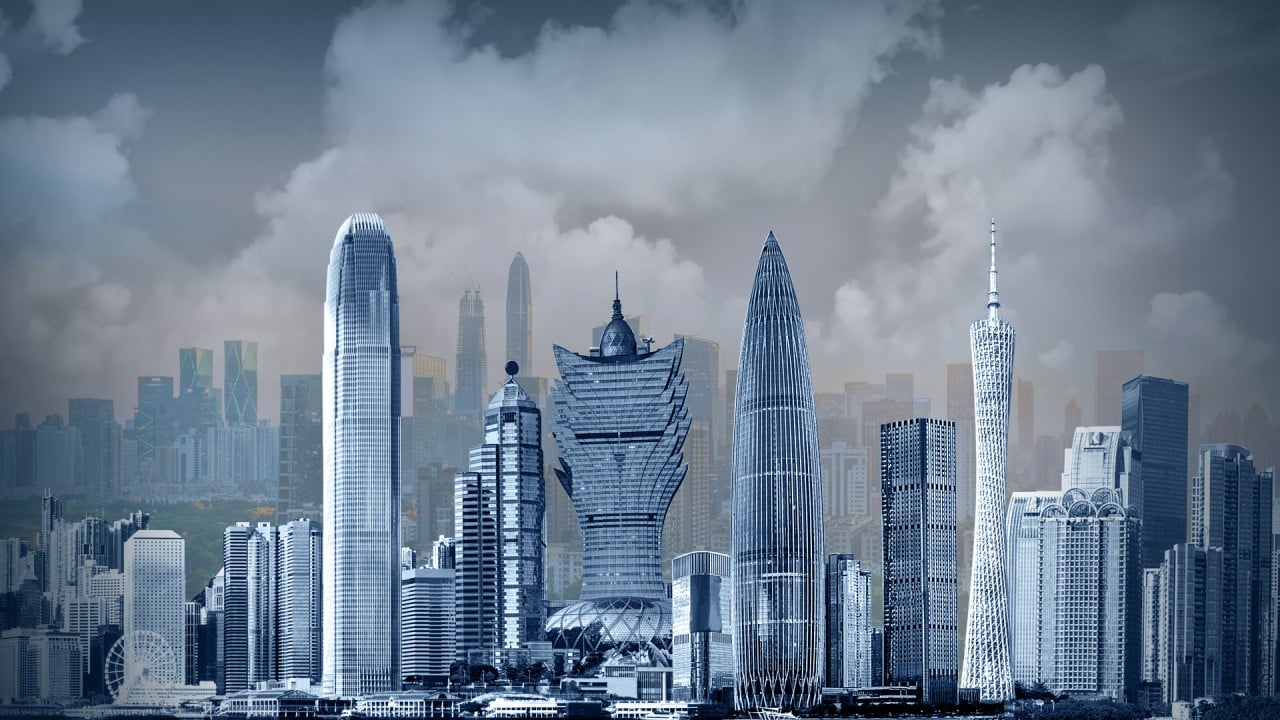
To be the next Silicon Valley, Hong Kong must focus on people, not real estate
- Hong Kong needs to attract both experienced start-up investors and geeks passionate about technology
- From tax incentives to a public relations push, the city must do more to make its start-up landscape attractive to seasoned investors, while nurturing an ecosystem that would attract tech enthusiasts
Paul Graham, founder of technology start-up accelerator Y-Combinator, once said that what it would take to build another Silicon Valley is “the right people”. I truly believe Hong Kong can be the next Silicon Valley – if, and only if, we get the right type of people on board. Essentially, there are only two types: the start-up investor and the geek.
Hong Kong has plenty of rich people and “wantrepreneur” investors, but most made their fortune in real estate, finance or manufacturing. They have great intentions, but lack experience investing in technology.
Some take too much equity ownership. Others have conflicts of interest, and in pursuing their own agendas, push start-up founders to work on certain products or customers. Yet others are so risk averse that they structure their investment as if it were a personal loan. When Hong Kong start-up founders take money from these investors, it almost always ends in disaster.
Without experienced start-up investors, Hong Kong will continue to be stuck in a vortex of the wrong investors investing in the wrong companies. We need investors who truly understand start-up founders’ “blood, sweat and tears” approach, who know how to be a guide and coach, providing advice, connections and funding only when the founder really needs it.
Race for innovation: a peek into Hong Kong’s secret technology weapon

Finally, Hong Kong needs to drastically improve global public relations for its start-up ecosystem. Hong Kong’s many unicorn founders are just not as well known as their counterparts in Singapore or Beijing.

If Hong Kong wants to attract more geeks, we need to show off a city that appeals to them. Foreigners see Hong Kong as a financial hub. Geeks are a subset of the creative class with distinct tastes. They pay a huge premium to live in San Francisco, for example.
Most geeks favour quieter pleasures – cafes instead of clubs, used bookshops instead of high-end fashion stores, sunshine (to some degree) instead of tall buildings. They also, and most importantly, like to be among like-minded people with whom they can discuss new technology ideas.
From poop to US$3 billion: how 2 Hong Kong doctors pulled it off
Our universities should hire the best professors and researchers to attract the highest-calibre students from around the world. Founders, investors, researchers and professors should be invited to speak to and meet students in intimate round tables.
We should also learn from Singapore and France by sending our children to study and work in Silicon Valley or Beijing. This will give them international exposure and allow them to learn from the best while networking with the industry’s movers and shakers.
Finally, Hong Kong needs to decouple real estate from the start-up ecosystem. The defining quality of Silicon Valley is not office buildings, but the people. It’s time for Hong Kong to put our own people – not buildings – first. Remember, several legendary Silicon Valley companies, including Google, started in garages, not science parks.
It will take time for Hong Kong to rebuild its start-up ecosystem and brand internationally. The good news is that we are off to a great start with what the government has announced. Can it execute the plan, and will it ask the existing start-up ecosystem for help?
Edith Yeung is a general partner at Race Capital


